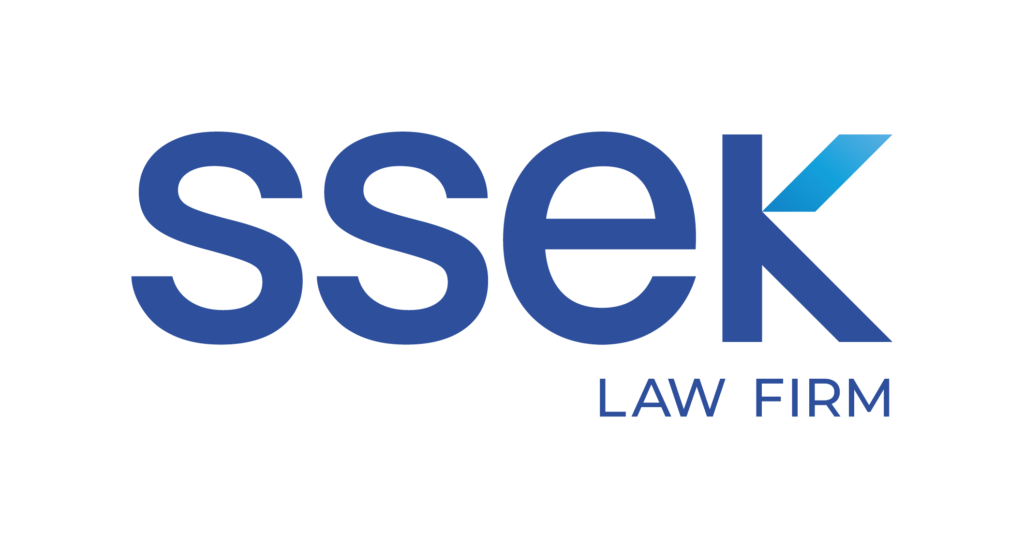Indonesia Health Law Update – Tobacco Products And E-Cigarettes.
To strengthen the national health system, the Indonesian Government issued Law No. 17 of 2023 regarding Health on August 8, 2023. Known as the Omnibus Health Law, it replaced 11 laws and unified all regulatory provisions in the health sector under a single regulation.
The Government issued Government Regulation No. 28 of 2024 (“GR 28/2024”) as the implementing regulation for the Omnibus Health Law on July 26, 2024. Similar to the Omnibus Health Law, GR 28/2024 unifies all the implementing regulations in the health sector by replacing 31 implementing regulations. GR 28/2024 covers a wide range of topics and provides further provisions on the implementation of the various stipulations in the Omnibus Health Law.
SSEK will prepare a series of articles highlighting the key regulatory updates under the Omnibus Health Law and GR 28/2024 as its implementing regulation. This first article of the series will focus on provisions relating to tobacco products and e-cigarettes.
With the issuance of the Omnibus Health Law and GR 28/2024, the Government has changed the regulatory framework for tobacco products and e-cigarettes in Indonesia. These new regulations revoke the previous regulation on this matter, Government Regulation No. 109 of 2012 regarding the Safety of Materials Containing Addictive Substances in the Form of Tobacco Products for Health (“GR 109/2012”).
Nicotine and Tar Content Controls
GR 28/2024 introduces a policy limiting nicotine and tar content in tobacco products. Every producer, importer and/or distributor of tobacco products is required to comply with this policy. GR 28/2024 also expressly applies this policy to e-cigarettes, requiring producers, importers, and/or distributors of e-cigarettes to comply with the policy on nicotine content limits. The determination of the maximum nicotine and tar contents will be prepared by the Coordinating Ministry for Human Development and Cultural Affairs, with the involvement of relevant ministries and agencies.
Prohibition on Use of Supplementary Materials
Indonesian law prohibits the use of supplementary materials in producing tobacco products and e-cigarettes unless it has been scientifically proven that the supplementary materials pose no health risk. Under the previous regime, tobacco product producers could comply with this prohibition by referring to a list of allowed supplementary materials provided by the Ministry of Health.
Under GR 28/2024, instead of a list of allowed supplementary materials, it is stipulated that the Ministry of Health will set out a list of prohibited supplementary materials. It is also stipulated that, to monitor the use of prohibited supplementary materials, (i) tobacco products and e-cigarettes will be tested before the products are marketed and (ii) the products will be verified while they are in circulation. Testing and verification shall be conducted by separate accredited laboratories and the producers of the tobacco products and e-cigarettes will report the results to the National Agency of Drug and Food Control (Badan Pengawas Obat dan Makanan or “BPOM”).
Tobacco product and e-cigarette producers that utilize prohibited supplementary materials will be subject to administrative sanctions, namely product recalls at the producers’ own expense.
New Packaging Requirements for Tobacco Products and E-Cigarettes
GR 28/2024 stipulates new packaging requirements for the producers and/or importers of tobacco products and e-cigarettes. These new requirements are:
- Tobacco products in the form of shredded tobacco are prohibited from including more than 50 grams of shredded tobacco in each package;
- E-cigarettes with closed systems or disposable cartridges are prohibited from including in their packaging nicotine liquid in quantities exceeding two millilitres per cartridge and more than two cartridges of nicotine liquid per package;
- E-cigarettes with open or refillable systems are prohibited from including in their packaging nicotine liquid in containers other than 10 and 20 millilitres per package; and
- Solid e-cigarettes must be packaged or imported in packages of 20 sticks per package.
Failure to meet these packaging requirements may result in the imposition of administrative sanctions from written warnings up to product recalls.
New Restrictions on the Sale of Tobacco Products and E-Cigarettes
Indonesian law has always restricted the sale of tobacco products and e-cigarettes. With the issuance of GR 28/2024, the government has added new restrictions, which include raising the minimum age to purchase tobacco products and e-cigarettes from 18 to 21 years; prohibiting the sale of tobacco products in single units except for cigars and e-cigarettes; banning the placement of tobacco products and e-cigarettes near the entrances and exits of locations selling tobacco products and e-cigarettes or in high-traffic areas; prohibiting the sale of tobacco products or e-cigarettes within 200 meters of educational institutions and children’s play areas; and banning the use of commercial websites, electronic applications, and social media to sell tobacco products or e-cigarettes.
Obligation to Provide Designated Smoking Areas
The Omnibus Health Law and GR 28/2024 introduce a new obligation for workplaces and public places to have designated smoking areas. They stipulate that the manager, organizer, or person in charge of workplaces, public places, and other determined places must provide designated smoking areas. As specified in GR 28/2024, these designated smoking areas must be open spaces, separate from the main building, away from foot traffic, and distant from entrances and exits. However, please note that this obligation is waived if it may potentially pose a risk to occupational health and safety if a designated smoking area is provided, according to the laws and regulations.
Advertising Tobacco Products and E-Cigarettes
GR 28/2024 tightens restrictions on advertising tobacco products and e-cigarettes, including on websites and/or electronic applications, at points of sale, outdoor media, printed media, and broadcast media. A key restriction under GR 28/2024 is that the Government officially prohibits the producers, importers, and/or distributors of tobacco products and e-cigarettes from advertising their products on digital-based social media. Violation of this prohibition may result in the blocking of access to electronic information and/or documents that display the sale of tobacco products and e-cigarettes on social media by the Minister of Communication and Information Technology, based on a recommendation from the Minister of Health. (13 August 2024)







